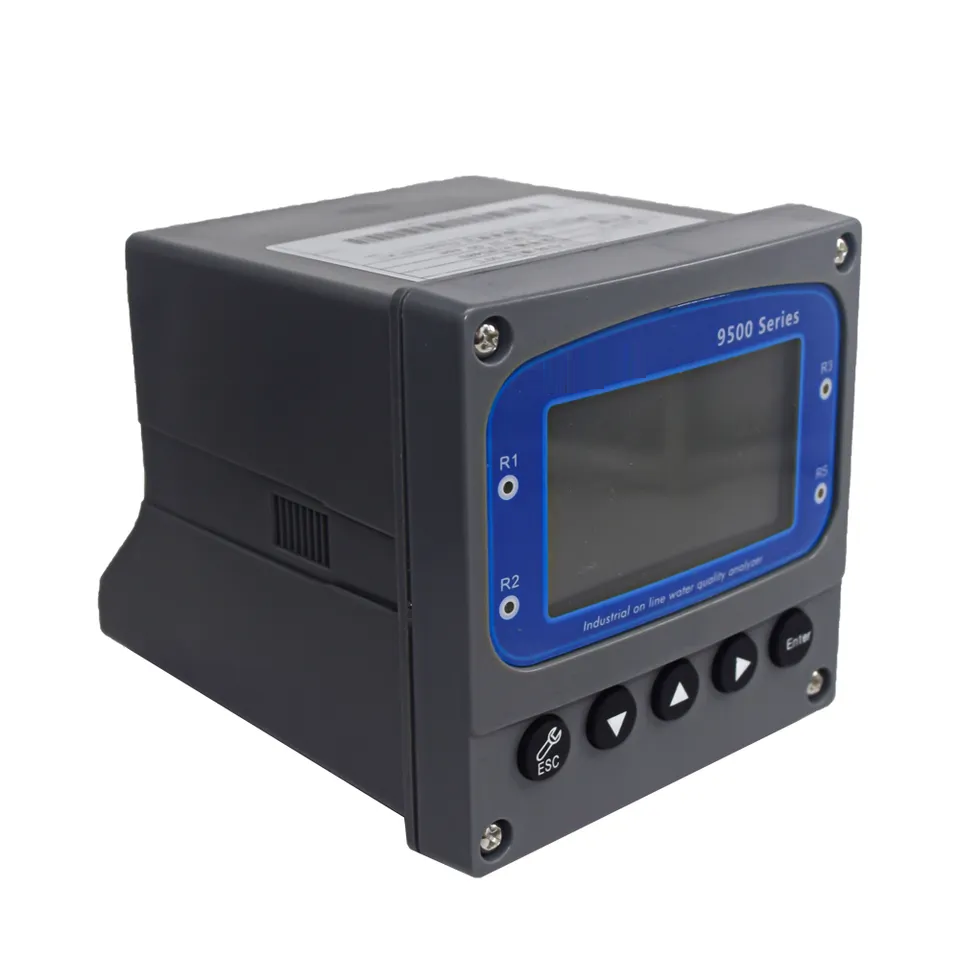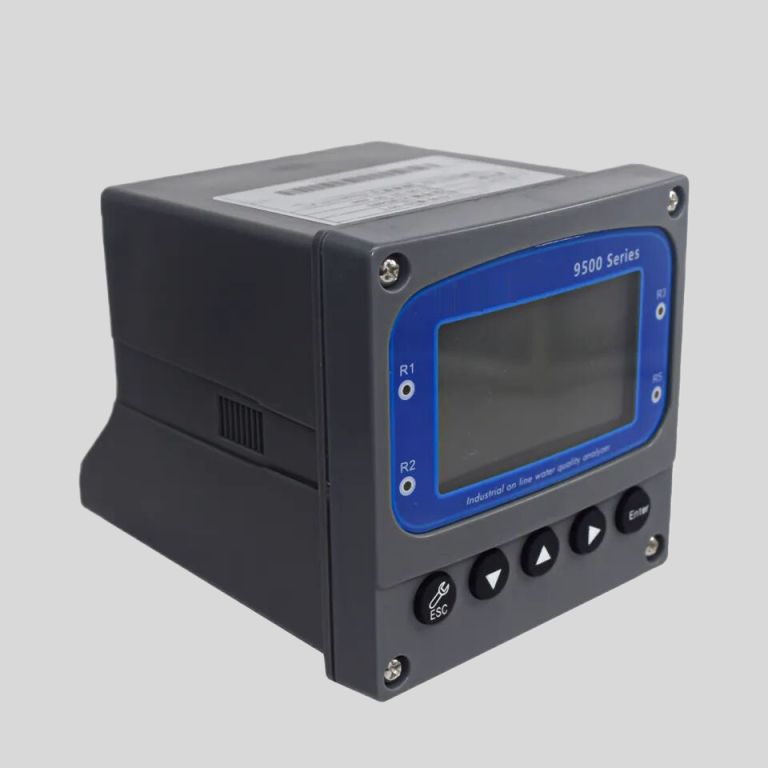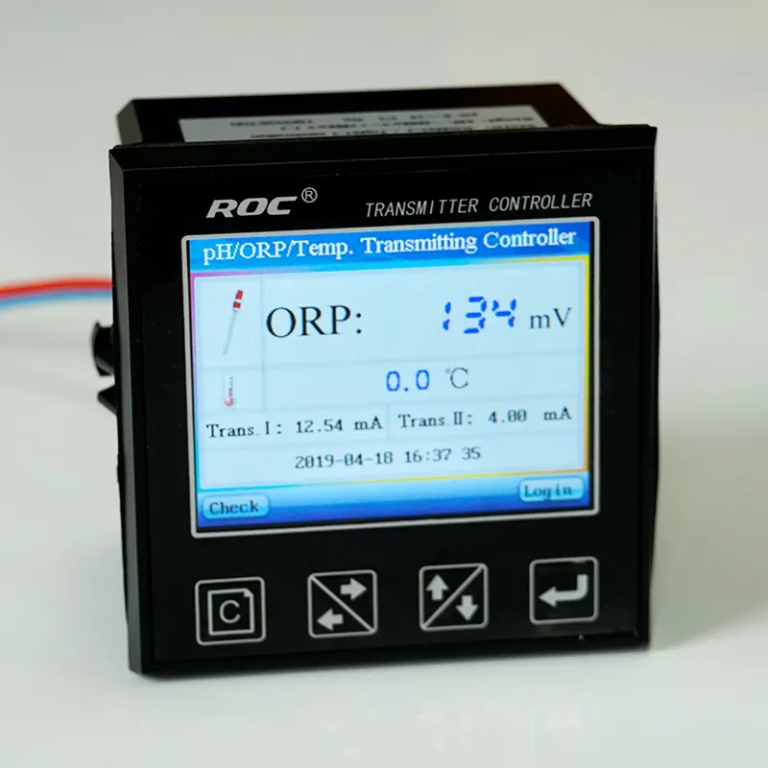Benefits of Using a conductivity analyzer in Industrial Processes
Conductivity analyzers are essential tools in industrial processes for measuring the electrical conductivity of a solution. This measurement is crucial for ensuring the quality and efficiency of various industrial processes. In this article, we will discuss the benefits of using a conductivity analyzer in industrial processes.
One of the primary benefits of using a conductivity analyzer is its ability to provide real-time data on the conductivity of a solution. This real-time data allows operators to monitor and control the conductivity of the solution, ensuring that it remains within the desired range. By maintaining the conductivity at the optimal level, operators can prevent issues such as corrosion, scaling, and fouling, which can lead to costly downtime and maintenance.

Another benefit of using a conductivity analyzer is its accuracy and reliability. Conductivity analyzers are highly precise instruments that can provide accurate measurements even in harsh industrial environments. This accuracy and reliability are essential for ensuring the quality and consistency of the final product. By using a conductivity analyzer, operators can have confidence in the accuracy of their measurements, allowing them to make informed decisions about their processes.
In addition to accuracy and reliability, conductivity analyzers are also easy to use and maintain. These analyzers are designed to be user-friendly, with intuitive interfaces that make them easy to operate. Additionally, conductivity analyzers require minimal maintenance, with most models only needing periodic calibration and cleaning. This ease of use and maintenance makes conductivity analyzers a cost-effective solution for industrial processes.
Furthermore, conductivity analyzers can help improve the overall efficiency of industrial processes. By monitoring and controlling the conductivity of a solution, operators can optimize their processes to reduce waste and improve productivity. For example, by maintaining the conductivity at the optimal level, operators can reduce the amount of chemicals or energy needed for a process, leading to cost savings and environmental benefits.
Another benefit of using a conductivity analyzer is its versatility. These analyzers can be used in a wide range of industrial applications, from water treatment to chemical processing. Whether measuring the conductivity of a pure water solution or a complex chemical mixture, conductivity analyzers can provide accurate and reliable data. This versatility makes conductivity analyzers a valuable tool for a variety of industries.
| Model | TUR-6101 Laser Turbidity Data Acquistion Terminal |
| Range | 0-10/100/4000NTU or as required |
| Display | LCD |
| Unit | NTU |
| DPI | 0.01 |
| Accuracy | \u00b15% FS |
| Repeatability | \u00b11% |
| Power | \u22643W |
| Power Supply | AC 85V-265V\u00b110% 50/60Hz or |
| DC 9~36V/0.5A | |
| Working Environment | Ambient temperature:0\uff5e50\u2103; |
| Relative humidity\u226485% | |
| Dimensions | 160*80*135mm(Hanging) or 96*96mm(Embeded) |
| Communication | 4~20mA and RS-485 communication (Modbus RTU) |
| Switched output | Three-way relay,capacity 250VAC/5A |
In conclusion, conductivity analyzers offer numerous benefits for industrial processes. From providing real-time data on conductivity to improving efficiency and reducing costs, these analyzers are essential tools for ensuring the quality and consistency of industrial processes. With their accuracy, reliability, ease of use, and versatility, conductivity analyzers are a valuable investment for any industrial operation. Whether monitoring water quality, controlling chemical processes, or optimizing energy usage, conductivity analyzers play a crucial role in ensuring the success of industrial processes.





